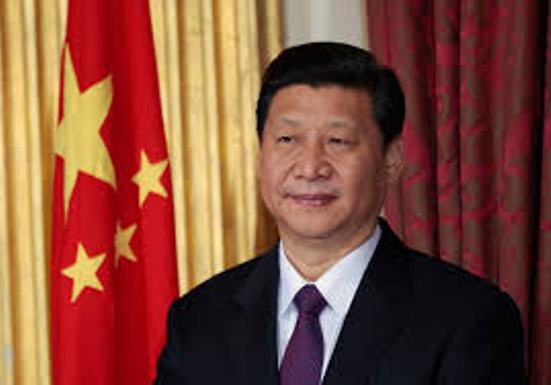A faculty member of the Political Science Department at Lagos State University, Abdul-Gafar Tobi Oshodi has explained why Nigerians and other Africans would continue to experience maltreatment in China.
He explained this in an opinion piece published by Quartz Africa on Sunday.
Oshodi said that Nigerians would continue to experience discrimination in China due to: Nigerian government’s reluctance to call the Chinese government to order over cases of maltreatment of Nigerians, Chinese investment in Nigeria, and China’s financing of developmental projects in Nigeria.
Giving a background of Nigeria-China relations, he wrote: “Official relations date back to February 1971, when Nigeria established diplomatic relations with China. But contact between ordinary Nigerians and Chinese predates the 1967-70 Biafran Civil War. Though some argue that China supported the Biafran forces against the Nigerian government, no post-war government in Nigeria has confirmed Beijing’s involvement.
“As the relationship grew, more Nigerians established business and other relationships in China.”
Read Also: Lagos Police Arrest Man Over Nude Photos Of Ace Musician Salawa Abeni
He explained that maltreatment of Nigerians in China dated back to the ’60s when African students began to arrive in the Southeast Asia nation.
“It intensified in the 1970s and 1980s when there were protests against—and by—Africans in China,” he explained.
He identified the death of a student in Guangzhou in 2009, after being chased from the window of a high-rise building, and another Nigerian in police detention in 2012, as missed opportunities for the Nigerian government to have demanded Chinese government action.
He commended a Nigerian embassy official in China, Razaq Lawal, who on April 10, 2020, shot a video to lament maltreatment of his compatriots.
Aside governmental inaction, one other factor fuelling maltreatment of Nigerians in China, he said, is imbalance in Nigeria-China trade relations.
Oshodi wrote, “A good number of Chinese multinationals and small companies operate in Nigeria. Chinese companies in Nigeria are building much needed roads and railways, airports, and telecommunications infrastructure. There are currently about 218 registered Chinese firms in Nigeria. They are involved in construction, furniture, food and beverages, beauty, and product assembling plants, among others.
“Meanwhile, Nigeria’s trade deficit against China remains huge. Between 2015 and 2018, for instance, the trade deficit stood at N6.83 trillion (which exchanges for about $17.5 billion today) in favour of China. This affirms that China benefits more at the moment. Though accurate data remains difficult to get, it is estimated that total trade between both countries between 2015 and 2018 was about $49 billion. This means that goods imported from China into Nigeria in that period were about $17.5 billion more than those exported from Nigeria to China. In any case, a significant amount of Nigeria’s export to China is a primary product: crude oil.
“With the crash in the crude oil price and a global economic downturn caused by the new coronavirus, Nigeria needs Chinese investment and loans now more than ever.”
He identified the third reason as China’s financing of development projects in Nigeria.
China is a major financier of large projects in Nigeria. These include the $874 million, 187km Abuja-Kaduna rail; the $1.2 billion, 312km Lagos-Ibadan expressway; the $1.1 billion Kano-Kaduna railway lines and the $600 airport terminals in Abuja, Lagos, Port Harcourt and Kano.
An estimate puts the current cost of Chinese projects at $47 billion. Many of these are financed by Chinese loans. It will be difficult for a country that relies so much on China to take action against Beijing.
With the poor labor standards in China itself and institutions’ weakness in Nigeria to check periodic abuses of Nigerians by Chinese companies, the chances seem low that Nigerian politicians and government will—or can—seriously respond to Nigerians’ maltreatment in China.
Explaining how the maltreatment can be remedied, Oshodi wrote, “First, the Chinese government must do more to educate its people, making ordinary Chinese sensitive to issues of racism.
“Second, Chinese citizens in China must understand that their actions could have implications for their compatriots in Africa. This could affect China’s long-term relevance in Africa as a partner.”

